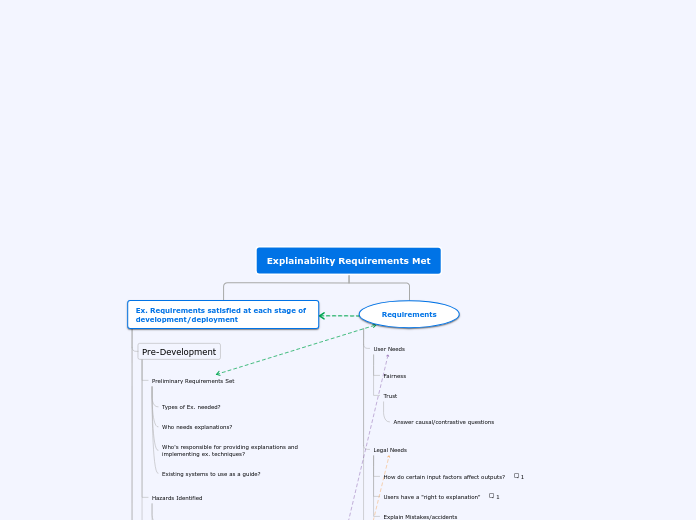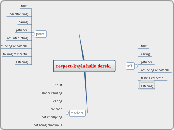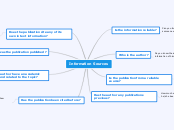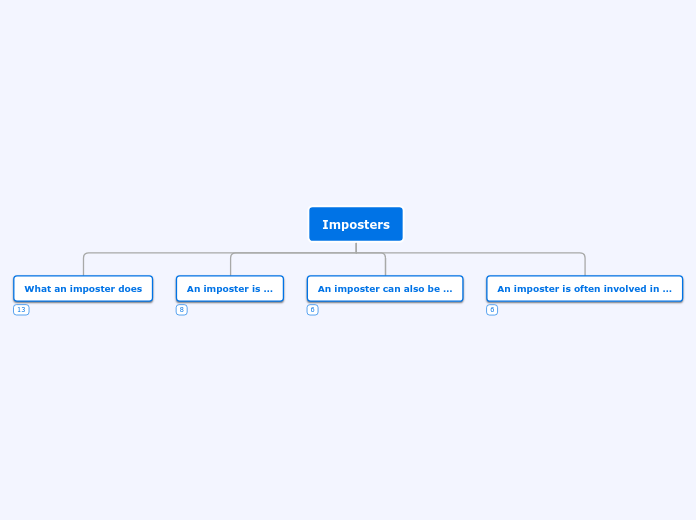Explainability Requirements Met
Requirements
Technical Needs
Contestability
Predictability
Do explanations allow us to predict model behavior?
Justification
Transparency
Relate parameters to human-understandable concepts
Relate inputs to outputs
Robustness
Explainability
”Global methods generate evidence that apply to a whole model, and
support design and assurance activities by allowing reasoning about all pos-
sible future out-comes for the model. Local methods generate explanations
for an individual decision, and may be used to analyse why a particular
problem occurred, and to improve the model so future events of this type
are avoided.” R. Ashmore, R. Calinescu, and C. Paterson, “Assuring the machine learning lifecycle
Global
Generate explanations about the whole logic of the model
Make predictions about future outputs
Inform design
Local
Can individual decisions be explained?
Improve/correct model
Analyse why a particular problem occurred
Legal Needs
Explain Mistakes/accidents
Users have a "right to explanation"
B. Goodman and S. Flaxman, “European union regulations on algo-
rithmic decision-making and a ”right to explanation”,”
AI Magazine,
Vol 38, No 3, 2017
, 2016.
How do certain input factors affect outputs?
R. Budishet al., “Accountability of ai under the law: The role of ex-planation,”
User Needs
Trust
Answer causal/contrastive questions
Fairness
Ex. Requirements satisfied at each stage of development/deployment
Deployment
Legal requirements met
Users trust model
Users satisfied with explanations
Acceptable safety is assured in case of misuse and unavoidable accidents
Potential harm from adversarial attacks is mitigated
Potential harm from accidents is mitigated
Global Ex. allows predictability so accidents can be predicted
Explainability allows contestability to challenge harmful model decisions
Potential harm from misuse is mitigated
Explainability allows insight to foresee and limit potential for misuse
During Dev.
Model Verification
Explanations used to justify results provided by model
Explanations used to provide insights into operation domain
Errors identified and appropriately explained/corrected
Model Learning
Explainability techniques planned
Techniques Provide appropriate types of Ex.
Techniques appropriate for model
Model Selection
What types of ex. are possible for potential models?
Do they meet requirements?
Could a more ex. model be used?
Accuracy/explainability tradeoffs
Pre-Development
Evidence to support sufficiency of explainability
Evaluation of Ex. Techniques Planned
e.g. human tests
Hazards Identified
What types of explainability needed to mitigate hazards?
Risks of lack of explainability?
Preliminary Requirements Set
Existing systems to use as a guide?
Who's responsible for providing explanations and implementing ex. techniques?
Who needs explanations?
Types of Ex. needed?









